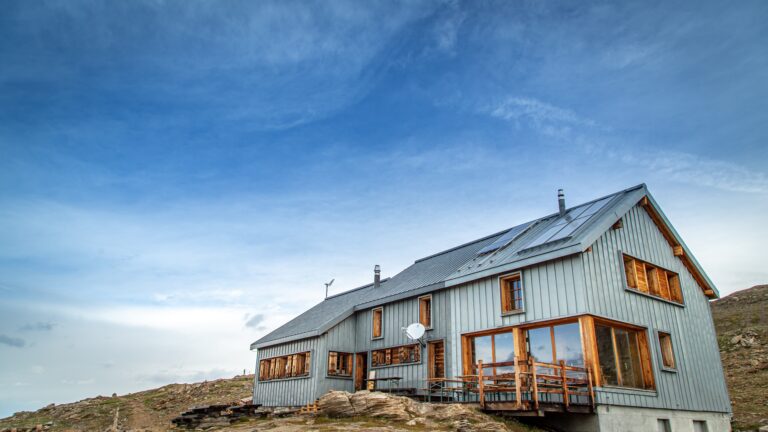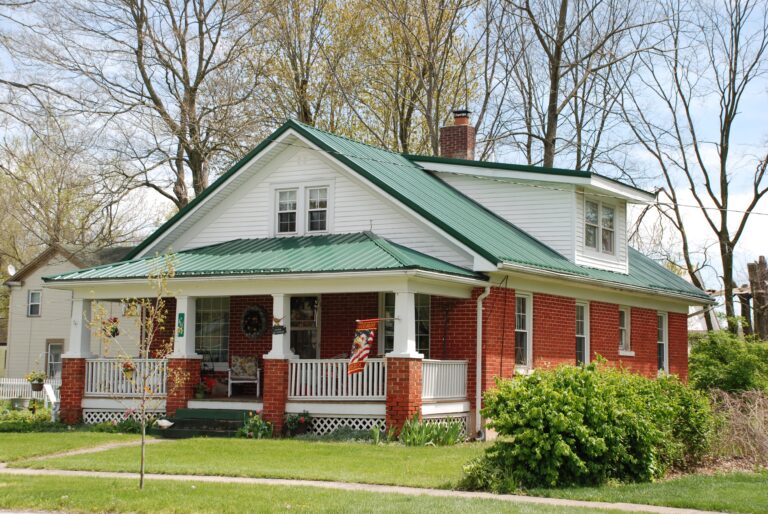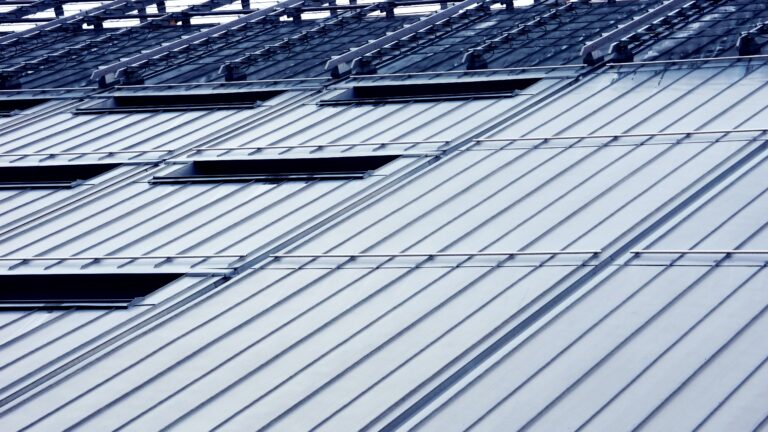
Benefits and Disadvantages of Single-Ply Membrane Commercial Roofing
In today’s economy, more and more property owners find it challenging to keep their facilities in tip-top shape, especially their roofing system. It’s arguably one of the aspects of a commercial establishment, and any business owner should do their best to maintain them. Because of this, many are considering hiring a reputable roofing contractor in South Windsor, CT, and letting them install single-ply membrane roofing on their properties.
If you’re one of these people, you should first know what you’re signing up for. So in this article, the Roofing Contractor of South Windsor, CT, is here to reveal the benefits and disadvantages of single-ply membrane roofing.
What is Single-Ply Membrane Roofing?
Before we jump right into the meat of things, let’s first discuss what this type of roofing system is in the first place. A single-ply membrane roofing is a complete roofing system that utilizes strong and flexible membranes to create a sustainable roofing solution. These membranes are usually made from rubber, but some are made from synthetic materials which can be chemically adhered to the roof’s insulation.
Two main types of single-ply membrane roofing systems are thermoplastic membranes (TPO or PVC) and rubber membranes (EPDM). Each has perks, and commercial property owners should talk to trusted contractors before choosing the best one for their establishments.
Roofing contractors in South Windsor, CT, recognize single-ply membrane roofing to be one of the most sustainable roofing solutions available today.

Advantages of Single-Ply Membrane Roofing
There are quite a few good reasons why many commercial property owners prefer single-ply roofing over other alternatives. Let’s dive into the advantages of this roofing system for you to find out.
Ease of Installation
Single-ply membrane roofing is relatively easy to install. Playing down a single-ply roofing system is pretty simple compared to the complex installation of roofing systems such as spray foam roofing. Once a roofing contractor in South Windsor, CT finishes preparing the substrate, they will install the insulation layers and then cover it with a cover board.
The difference between TPO and EPDM is how long their membranes seam together. While TPO utilizes a hot-air gun to fuse the membranes, EPDM does so using seam tape.
Lightweight and Flexibility
You are given the freedom to choose how thick you want the membranes that will be installed on your roof. Single-ply membrane roofing is lightweight compared to other roofing systems like metal roofing and asphalt shingles. Being this light consequently relieves the stress experienced by your building’s structure.
Additionally, this roofing system is relatively flexible, allowing the roofing contractor in South Windsor, CT, to accommodate unique designs.
Proven and Tested Choice
Single-ply roofing has been the preferred choice of many commercial property owners for quite some time now. EPDM roofing has been used for commercial purposes for over 60 years now. This length of time has been enough for researchers to prove the performance capabilities of this roofing system. And while TPO hasn’t been in the market for long, it continues to undergo rigorous testing. Eventually, it will also belong to the list of reliable roofing membranes available today.
Different Insulation Materials to Choose From
Unfortunately, this type of roofing system doesn’t include the element of insulation. Instead, you, as a customer, can select the material from many choices. Some of the insulation options you can choose from include:
Polyisocyanurate (Polyiso) – Most popular option; it is pretty expensive but has high insulation properties.
Expanded Polystyrene (EPS) – offers the highest R-value per dollar; it is usually used for roofs, walls, and floor insulations.
Extruded Polystyrene (XPS) – Falls between polyiso and EPS in terms of price and performance.
Choice of Reflective/Retentive Properties
When it comes to single-ply roofing, you can choose between two properties; either reflective or retentive.
TPO, also known as “White Roofs,” are generally produced and offered in the market as white. It is highly reflective and available in other colors, such as tan, gray, and blue, to name a few.
EPDM is often referred to as “Black Roofs” because of how retentive it is due to its natural dark color. This roofing is ideal for establishments where heat retention is necessary.
Disadvantages of Single-Ply Roofing

Like other roofing systems, single-ply roofing has its fair share of disadvantages. Consider the cons below before you opt for this type of roofing system.
Can Easily Puncture
Here’s the thing about single-ply roofing systems. One of its advantages, which is its weight, is also directly correlated to one of its drawbacks. Unfortunately, these roofing systems can be easily punctured due to how thin they are. It does not have a hard top layer to protect against things like dropped tools or gravel. Once this roofing is punctured, it can be vulnerable to leaks.
Roofing Accessories May Get in the Way of Installation
It’s normal for commercial properties to have accessories such as A/C units and vents attached to them. These attachments, however, can get in the way of installation. Roofing contractors in South Windsor, CT, will have to cut the membrane into smaller pieces to build a roof around these accessories.
Membrane Seams are Vulnerable to Leaks
With how fast the installation of this roofing system can be, it’s not surprising that it’s more prone to leaks compared to other roofing alternatives.
UV Rays Can Degrade the Adhesive
Prolonged exposure to UV rays can degrade the adhesives that hold the membranes together. Once this happens, the seams are vulnerable to leaks. Moreover, the presence of puncture, tear, or any other damage will let UV rays penetrate through the adhesive layers, further causing more deterioration.

Single-ply roofing systems are among many commercial property owners’ most preferred roofing choices today. But before you jump into the wagon, you must know what you’re signing up for. Talk to one of our experts at the Roofing Contractor of South Windsor to learn more about how you can benefit from single-ply roofing systems.
